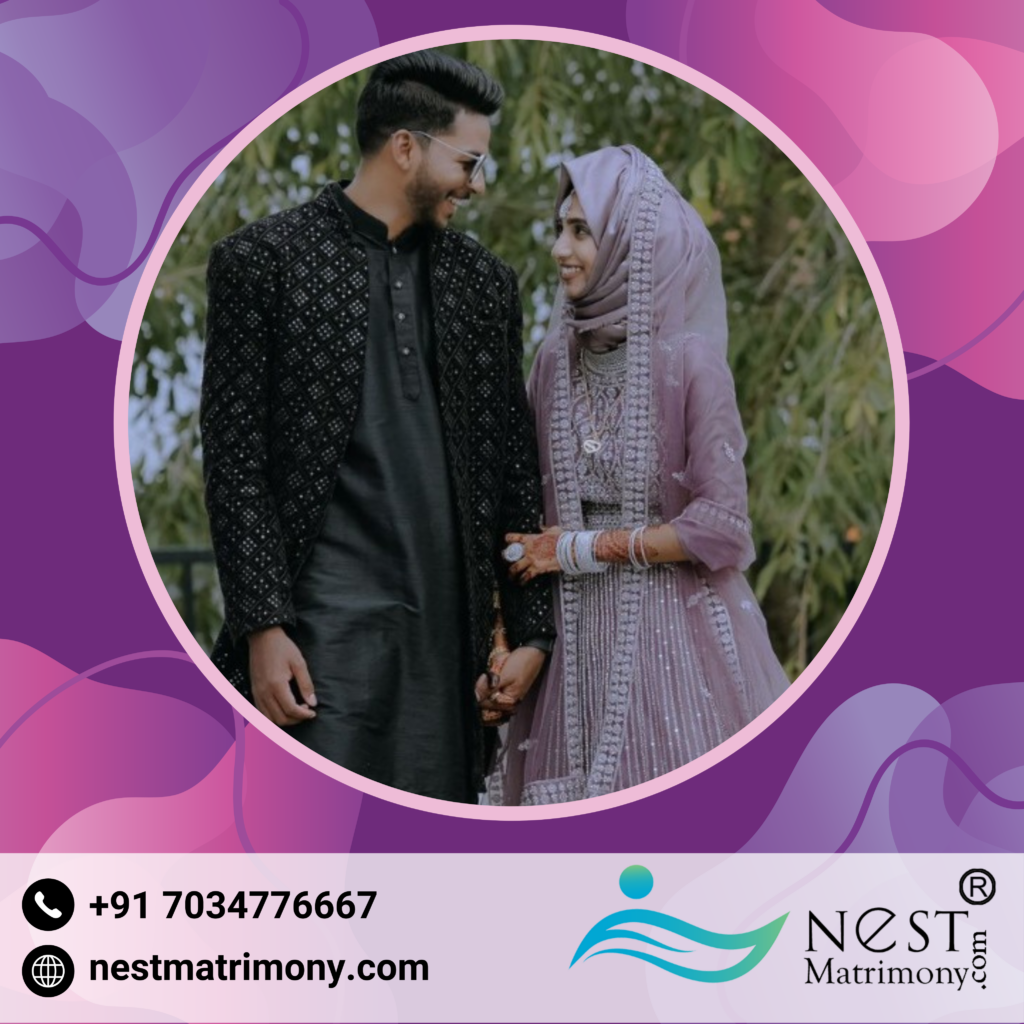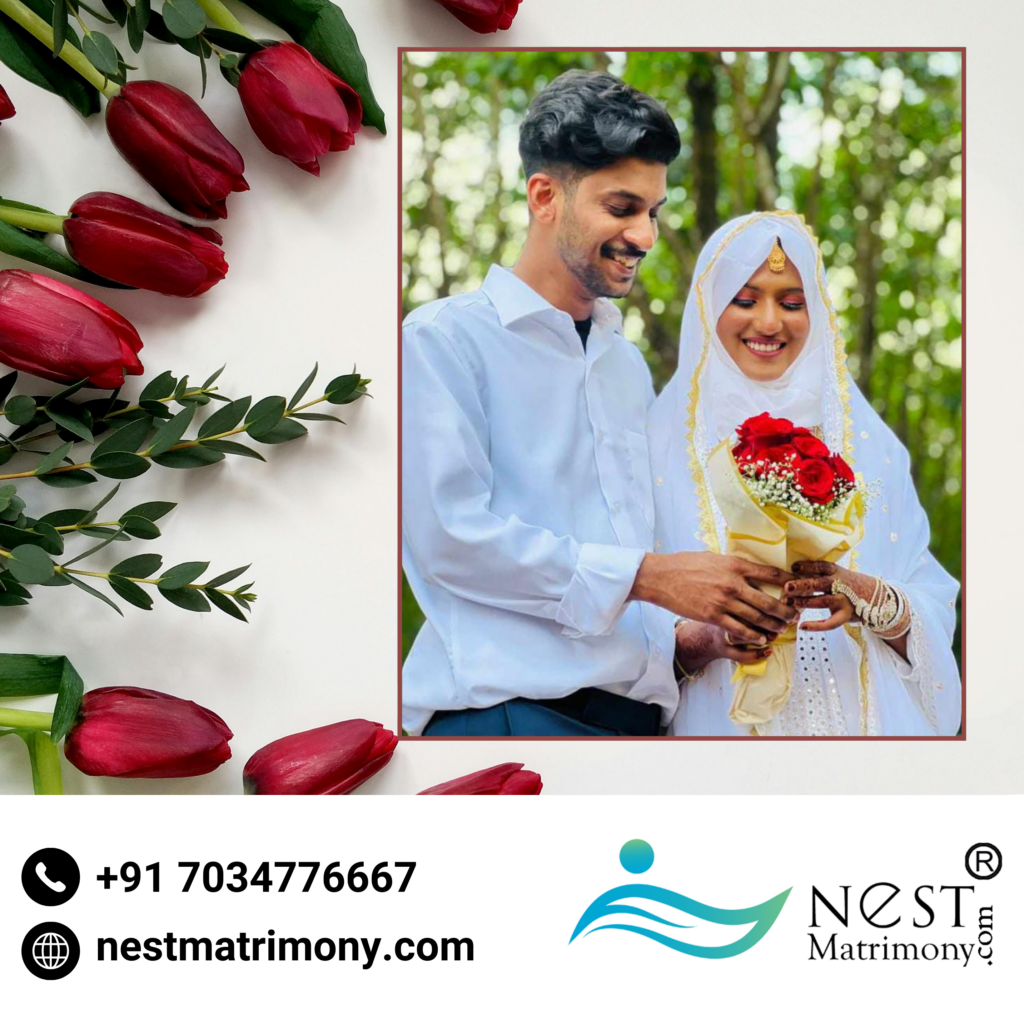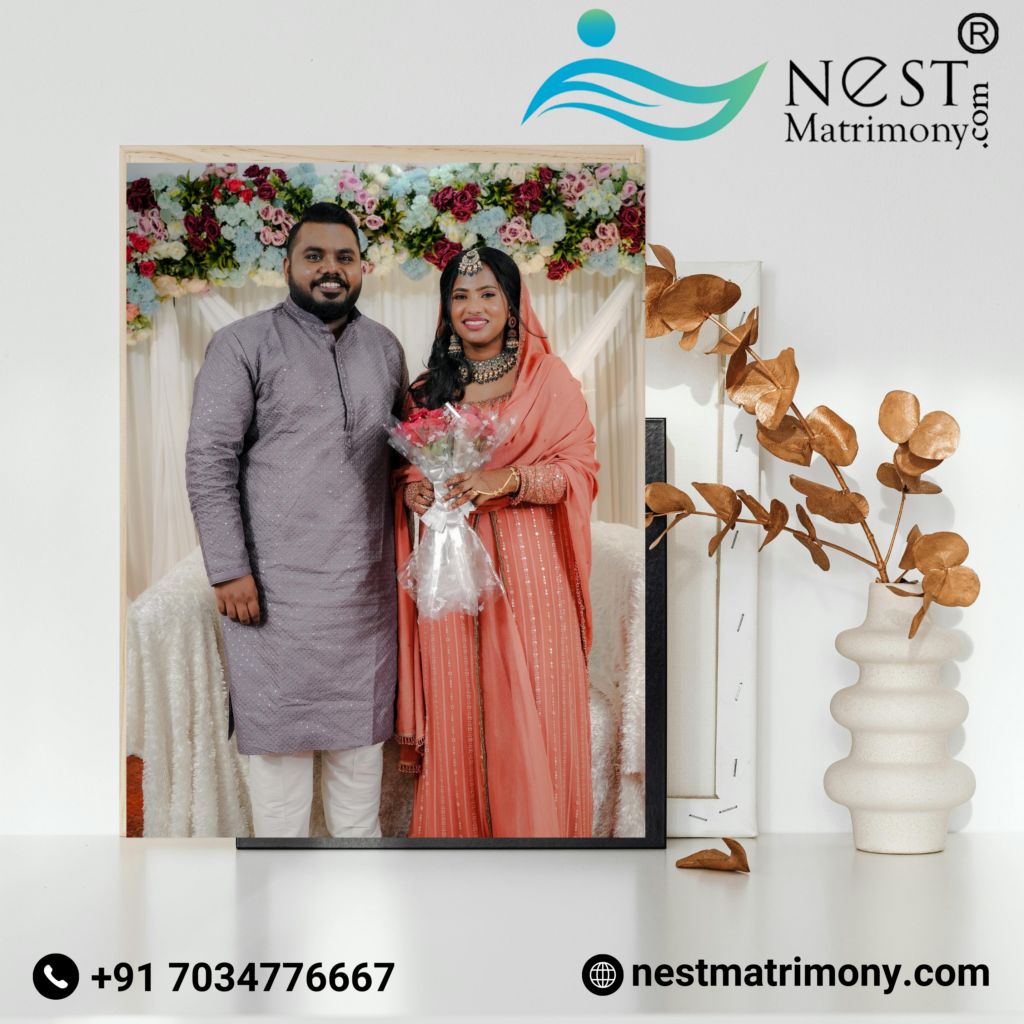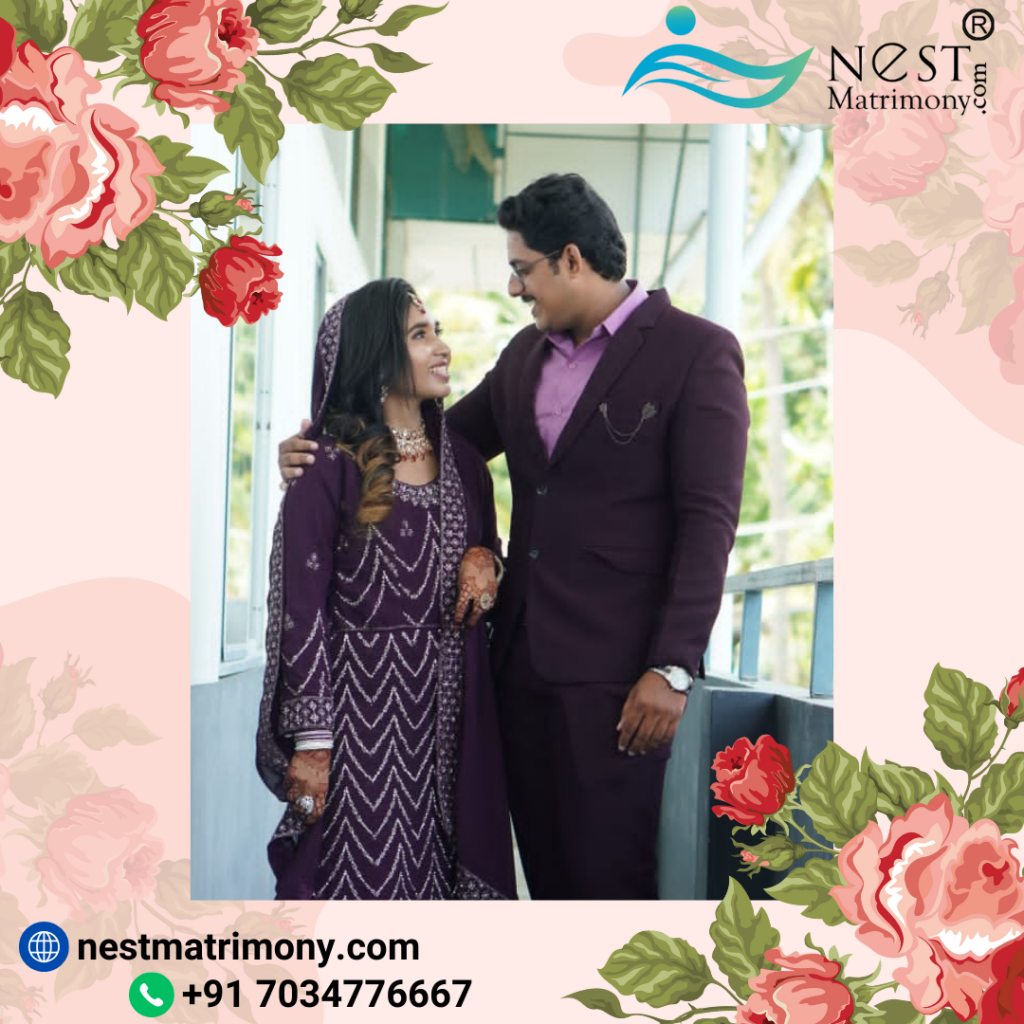Exploring the Charm of Muslim Wedding Ceremonies
Posted on 6 January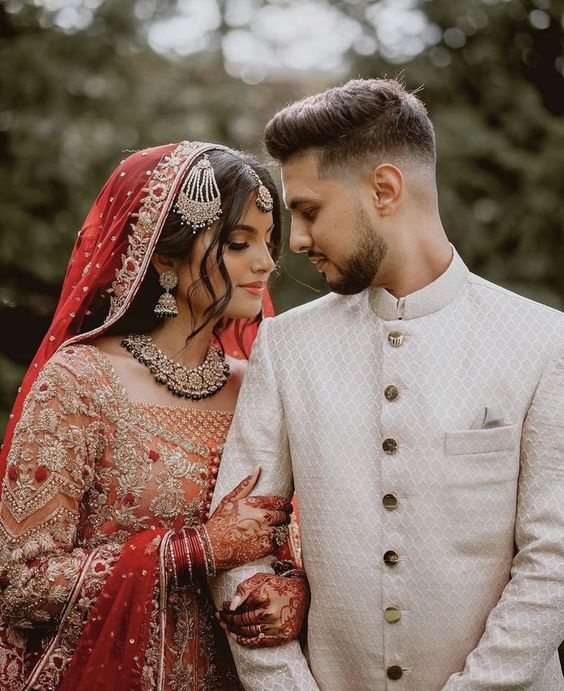
Muslim wedding ceremonies, also known as Nikah, blend spirituality, tradition, and joyous celebrations. Rooted in Islamic teachings, these ceremonies emphasize love, commitment, and the sanctity of marriage. Let’s explore the charm of Muslim wedding ceremonies and the rituals that make them unique.
1. Pre-Wedding Rituals
Istikhara (Seeking Divine Guidance)
Before the wedding, families often perform Istikhara, a prayer seeking Allah’s guidance to ensure the union is blessed.
Mangni (Engagement)
The engagement is a formal announcement of the couple’s intention to marry. Families exchange gifts, and the bride-to-be often receives jewelry and clothes.
Mehndi Ceremony
The bride’s hands and feet are adorned with intricate henna designs during a lively celebration filled with music and dance. This tradition symbolizes joy and beauty.
2. The Nikah Ceremony
The Venue
The Nikah usually takes place in a mosque, a community hall, or a home, emphasizing simplicity and humility.
Recitation of the Khutbah
The ceremony begins with the Khutbah, a sermon by the officiating imam, highlighting the importance of marriage in Islam.
Proposal and Acceptance (Ijab-e-Qubool)
The heart of the Nikah lies in the proposal and acceptance. The groom proposes, and the bride’s acceptance is declared three times, signifying mutual consent.
Mehr (Dower)
The groom presents Mehr, a mandatory gift to the bride, symbolizing respect and responsibility. The amount is agreed upon beforehand.
Signing the Nikah Nama
The Nikah Nama, or marriage contract, is signed by the couple and witnesses, making the marriage legally and religiously binding.
3. Post-Wedding Rituals
Walima (Reception)
The Walima is a joyous reception hosted by the groom’s family to announce the marriage and share the couple’s happiness with friends and relatives. Lavish feasts and cultural performances are highlights of this event.
Rukhsati (Bride’s Departure)
The bride bids farewell to her family in an emotional ceremony as she begins her new life with her husband.
Chauthi (Bride’s First Visit)
The bride’s first visit to her parental home after the wedding, often accompanied by the groom, is marked by warm celebrations and blessings.
4. Symbolism and Spirituality
Muslim weddings emphasize simplicity, modesty, and faith. The rituals focus on:
- Unity: The union is seen as a partnership in faith and life.
- Blessings: Prayers and blessings from elders and the community ensure a prosperous future.
- Charity: Acts of charity during the wedding signify gratitude and compassion.
5. Regional Variations
Muslim weddings vary across cultures and regions, incorporating local customs while maintaining core Islamic principles. For instance:
- South Asian Weddings: Known for colorful attire, elaborate decorations, and vibrant music.
- Middle Eastern Weddings: Often feature Zaffa (wedding procession) and Dabke (traditional dance).
- African Weddings: Highlight community involvement and traditional drumming.
The charm of Muslim wedding ceremonies lies in their harmonious blend of faith, culture, and celebration. They honor the sanctity of marriage while bringing families and communities together in joyous unity. Whether traditional or contemporary, each ritual reflects the beauty of love and commitment as guided by Islamic values.



